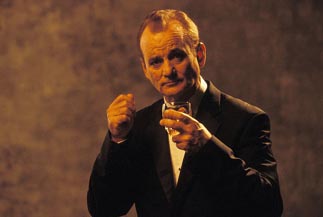Path Between the Seas
David MacCullough's story of the Panama Canal is rich and colorful. The author's fascination with Theodore Roosevelt resonates on every page of the book, and the intrigues of capitalism and global trade made people drool every every time a cashbox rang.
The Panama Railroad predates the Panama Canal. From 1848 to 1853, thousands of laborers from around the world risked death to build the world's first connection of the Atlantic and Pacific Oceans. According to MacCullough, in 5 years, between 6,000 and 12,000 people died working on the railroad. In 1853, of the 1,590 men on the payroll, 1,200 of them were black.
The Clayton-Bulwer Treaty of 1850 had given the United States and Britain joint control of Nicaragua or, "by implication, any canal anywhere in Central America." French industrialists had begun the canal, but several snafus scuttled the project. American opportunists and Foreign Interests jumped at the opportunity to finish the disastrous project. Before the Canal's completion, the United States would go on to foment a Revolution in Panama following TR's advice to "walk softly but carry a big stick."
- [EDITOR'S NOTE: I need someone to tell me more about the Roosevelt Corollary to the Monroe Doctrine. Also, what year did James Monroe declare his "Monroe Doctrine." For reference, what year did the US establish Monrovia, Liberia?]
Once the railroad was completed and men stopped dying on the tracks, construction of the canal began and many other workers died. Of the high deathtoll, McCullough writes, "The cost paid in human lives for the miniscule bit of track was of the kind people associated with dark, barbaric times, before the age of steam and iron and the upward march of Progress."
- [EDITOR'S NOTE: I need somone to compare the Panama Railroad deaths with the number of deaths per year in: coal mines, other railroads, meat processing plants, garment factories, and steel plants.]
McCullough also writes, "Private Property and nationalism were to be things of the past. The leadership of mankind was to be entrusted to an elite class of artists, scientists, and industrialists."


0 Comments:
Post a Comment
<< Home